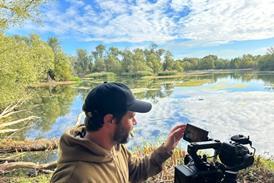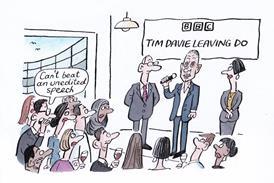The disruption caused by some 4G mobile signals to Freeview viewers could be less than initially feared, according to a recent test.
Freeview stakeholders, including the BBC, have raised concerns that the nascent mobile technology could interfere with free-to-air TV signals when mobile services at 800 MHz are launched later this year.
Equipment that receives TV signals can fail to block 4G at 800 MHz, resulting in poor sound, blocky images or the loss of some or all Freeview channels.
At800, an organisation which is funded by the UK mobile operators with licences to provide 4G mobile services (EE, Telefónica O2 UK, Three and Vodafone), said a test last month in the West Midlands resulted in fewer problems than anticipated.
It said that fifteen households in the test area reported problems with TV reception caused by 4G.
Before the test, the forecasting model used by at800 predicted 120 households would be affected.
At800 said all issues that could be attributed to 4G at 800 MHz were related to TVs with signal amplifiers, and that filters which block the mobile signals from reaching TV tuners resolved the problems.
Chief executive of at800 Simon Beresford-Wylie said: “This was a useful, small-scale test.
“We’ll now improve our forecast model and look at the approach we use to tackle the issues we’ve seen.
“Further extensive evaluation will occur during April and May as masts are switched on for tests across larger urban areas.”
A second phase of tests will focus on urban areas covering a larger number of addresses.


























No comments yet